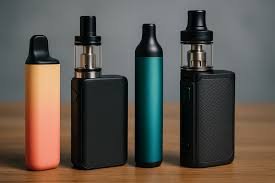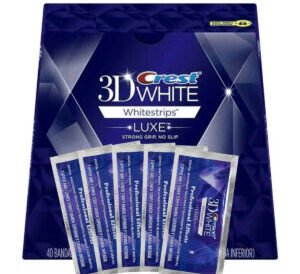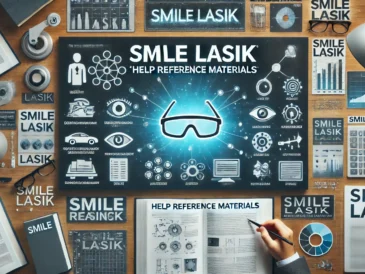Curiosity Meets Restriction
Sweden is often described as one of Europe’s strictest countries when it comes to cannabis. While neighboring nations debate medical programs, Sweden has stayed firm in its zero-tolerance stance. Yet curiosity about cannabinoids continues to grow, particularly around THCA, a compound gaining attention worldwide.
For Swedish consumers, THCA raises new questions. It is not intoxicating in its raw form, but under heat it can become THC—a controlled substance. This article takes a deep look at the legal grey zone of THCA in Sweden, and how consumers can approach it responsibly.
THCA at a Glance – A Scientific Introduction
THCA stands for tetrahydrocannabinolic acid, a cannabinoid present in fresh cannabis plants. Unlike THC, it does not bind effectively to brain receptors, meaning it does not cause euphoria. This property has made it appealing for wellness-focused users who want the benefits of cannabis without the high.
But there is a complication. Heat converts THCA into THC through a chemical process known as decarboxylation. This means that while THCA itself is non-psychoactive, it carries the potential for intoxication if consumed improperly.
Why Vaping Makes It Complicated
Vaping has become one of the most common ways to consume cannabis derivatives. Instead of burning plant matter, vapes heat oils to create vapor. For THCA, this method can either deliver the cannabinoid in its raw form or transform it into THC depending on temperature.
For consumers in Sweden, this creates a critical issue. Using a THCA vape at too high a temperature could unintentionally cross into illegal territory. Therefore, understanding how vaping devices work—and ensuring they are used correctly—is vital.
Sweden’s Cannabis Laws – Where Does THCA Fit?
Sweden’s drug policies are rooted in strict control. THC is considered a narcotic, and penalties for possession are severe, even for small amounts. Unlike some European countries, Sweden does not offer exemptions for medical use.
THCA is not explicitly listed as illegal, since it is non-psychoactive. However, Swedish authorities evaluate substances not only by their present effects but also by their potential to cause intoxication. Because THCA can convert into THC, its status remains uncertain.
This legal ambiguity leaves consumers in a vulnerable position. Products may be marketed as legal THCA, but interpretations by authorities could differ.
The Importance of Documentation and Testing
For anyone considering THCA products in Sweden, lab testing is non-negotiable. Certificates of Analysis (COAs) confirm that a product contains THCA without illegal levels of THC. Without this documentation, consumers risk buying unsafe or non-compliant products.
Reputable vendors provide transparency. They publish lab results, explain extraction methods, and educate consumers about potential risks. This is not just about safety—it is about legal protection as well.
One such trusted source is THCA Sverige





